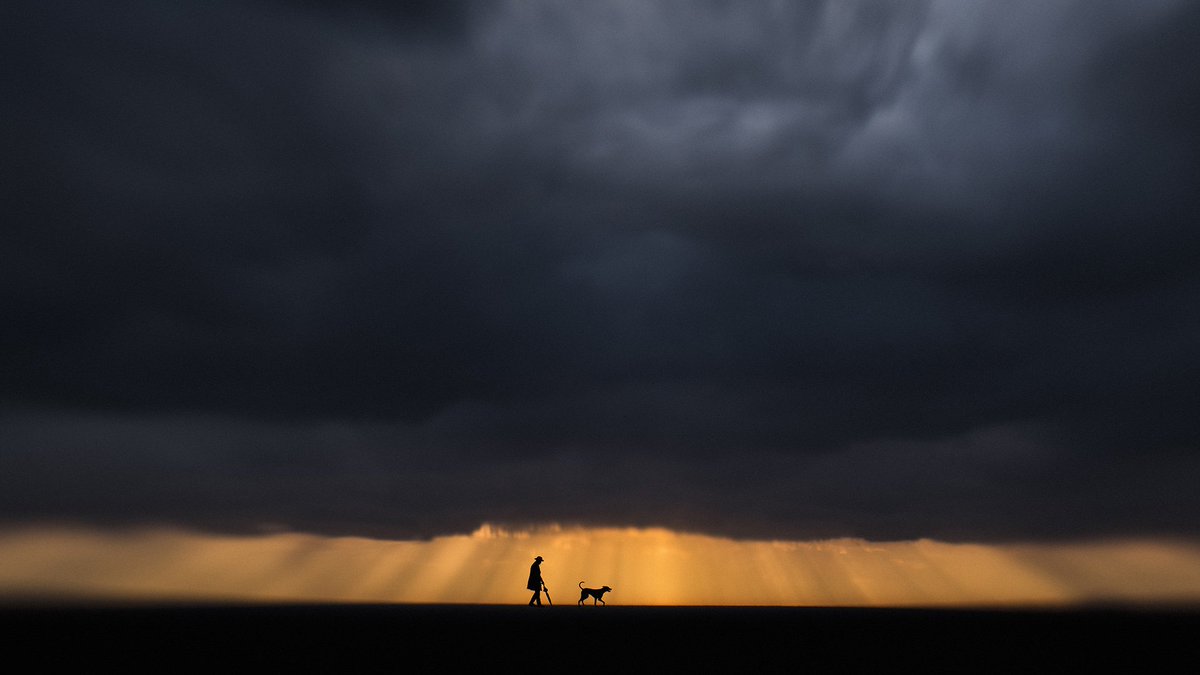We live in different world today. Everything seems to happen at a quickening pace: the coronavirus has become a pandemic in a matter of weeks; medical challenges become life-and-death emergencies in days; and freedoms, once sacrosanct, are stripped from us, in our living-rooms live on TV. Once our world seemed secure and somewhat good, prosperous even; now its seems fragile and vulnerable.
The world, of course, is different — it has never been quite that global village as it is right now. It took the Black Death years to reach Europe in the 14th century, whereas the coronavirus has taken just weeks. The world may well be different, but we humans are not. Now, as ever, we fear death just as humans ever did.
Bar Romania and Belarus, in one country after the other, Europe has sought to protect its citizens from death this day by turning off their economy, ordering that no one leaves home, and empowering the police to fine anyone who does so for anything other than life’s basic necessities.
Comparisons with battles of yore come to mind. The way ahead is hard, and it is true that many lives will sadly be lost. But in this fight we can be in no doubt that each and every one of us is directly enlisted, says our Taoiseach Leo Varadkar urging each and all of us to do their duty.
When the Taoiseach, a week or so ago (it seems so long ago, now) in referring to our health care workers on the frontline, gave a passing nod to Winston Churchill — never have so few been called upon to serve so many — he inevitably invited comparisons with history, Ireland’s neutrality during the last world war notwithstanding.
“The tradition of all dead generations weighs like a nightmare on the brains of the living,” wrote the revolutionary Karl Marx. As was then, as is now. Each country today, as it battles the coronavirus, has its own memory weighing on its leaders. No American president is entirely free of George Washington or Abraham Lincoln, no French leader of Charles de Gaulle, no Irish leader of Michael Collins or Eamon de Valera.
In times of crisis, people turn to what they know — to the myths and legends that define those human traits of defiance and resilience, with each of us, where possible and practical, reassuring each other that we will “get through this” even if “many more families are going to lose loved ones”.
As others have noted, pandemics cannot be fought by keeping calm and carrying on as usual; and blood, tears, and sweat should be only the prerogative of those fighting on the frontline. The urgent need is for isolation, not invasion.
I had the pleasure some years back of meeting Seamus Heaney (in the Belfast restaurant James Street South) and I was, in my self-imposed isolation, thinking the other night of that brief meeting and (imagine) our handshake and of his working of the medieval epic Beowulf.
In Beowulf, an Anglo-Saxon elegy composed between the sixth and 11th centuries, the eponymous hero achieves glory by killing two man-eating monsters terrorising his neighbours before returning to rule his homeland for 50 years — only to die in a battle in which both monster and hero are killed.
It is, effectively, the story of marauding man-eaters and the arrival of a saviour — a warrior leader, whose final act is to sacrifice his own life to protect his people.
Against the backdrop of the legacy of the Troubles, Heaney saw Beowulf as a story for today. The monsters in the poem literally kill people — and sometimes eat them — but they also embody the behaviours that threaten to undermine the social fabric that cements communities. Heaney saw peace as fragile in the world of Beowulf, easily overturned by greed, or feuding or social isolation.
According to the Nobel Prize–winning poet who produced his own translation of Beowulf in 1999, the juxtaposition of youthful strength and skills eroded by time jumps out at the reader as the hero struggles to fight off the dragon:
‘Beowulf was foiled
of a glorious victory. The glittering sword,
infallible before that day,
failed when he unsheathed it, as it never should have.’
This is the world now facing each and every one of us. Can we rise to the new challenge, or will that glittering sword of all our leaders — the political wherewithal that sees them in power — fail them and us into the bargain?
Leaving those still standing in a barely recognisable other world.
…………..
Paul Hopkins is an Irish journalist of nearly 40 years standing, and currently freelances for, primarily, the Belfast Telegraph, The Sunday Independent, Skerries News in north Dublin and is the OpEd comment writer for the Meath Chronicle.
